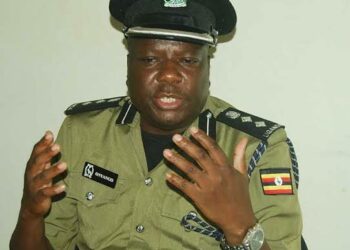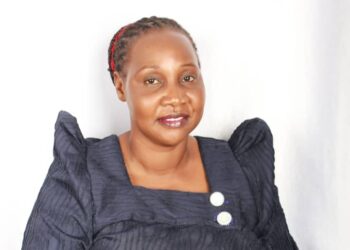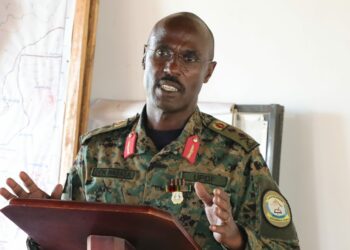The Zimbabwe government on Tuesday fired 77 striking doctors who were pressing for better salaries and better working conditions, paralysing all major public hospitals.
“The disciplinary hearing for the doctors by the health services board commenced on November 1. Of the 80 doctors charged, 77 were found guilty and discharged,” information & publicity minister Monica Mutsvangwa said at a news conference after a cabinet meeting in the capital, Harare.
“Cabinet was informed by the minister of health and child care that the public hospitals medical doctors strike has now gone beyond 63 days. Medical services at most central hospitals therefore remain constrained.”
The government is using military doctors to attend to patients in some public hospitals while negotiating with Cuba to help with its medical personnel.
Nurses have also embarked on strike action this week over low wages amid crippling inflation.
“The situation is being exacerbated by the City of Harare nurses who have since stopped reporting for duty citing incapacitation,” she said.
Zimbabwe doctors in October rejected a pay rise of 60% which resulted in the government instituting disciplinary hearings on the defiant doctors.
The doctors, who earn a minimum of $100 (R1,477) a month, say their salaries have been eroded by inflation, which the IMF estimates at 300%.
The situation in public hospitals is dire as patients are being turned away or helped by the few nurses at work.
The Zimbabwe Hospital Doctors Association (ZHDA) which represent junior and middle-level doctors have remained defiant, accusing the Harare government of negotiating in bad faith.
“Disciplinary hearing will not capacitate our members. They only serve to create a rift between us and the employer, all to the detriment of our fellow countrymen,” the ZHDA said.
Zimbabwe is experiencing its worst economic crisis in a decade and a document by the country’s ministry of finance has predicted that the economy is projected to contract by up to 6% in 2019 due to a drought that hit farming output and electricity generation.
The southern African country is facing cash shortages, high unemployment, fuel shortages and lack of investment.
The country is also plagued by corruption and inconsistent implementation of economic policies.
President Emmerson Mnangagwa, who won a disputed election in 2018, has accused doctors of being influenced by civic society organisations funded by the West.
All public servants have also given notice to embark on strike action over poor wages and are demanding salaries pegged in US dollars.
Do you have a story in your community or an opinion to share with us: Email us at editorial@watchdoguganda.com











